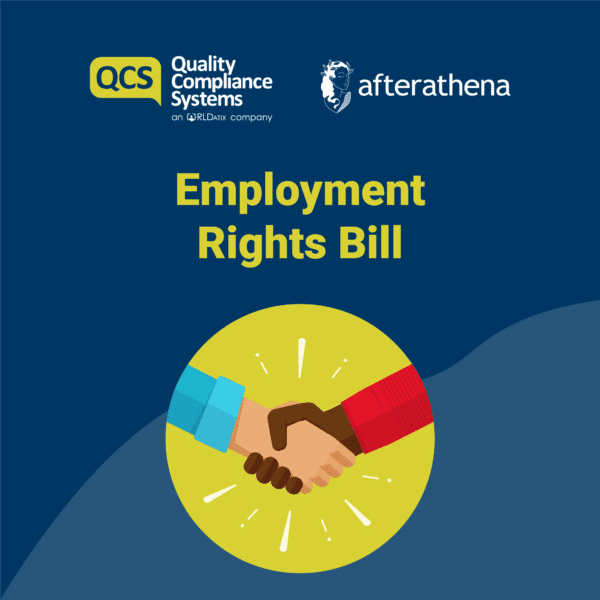The Government unveiled its Employment Rights Bill 11.10.24, which includes 28 measures and has been described as the “biggest upgrade to rights at work for a generation”. However, the consultation required means officials do not expect the measures to reach the statute book until Autumn 2026 at the earliest.
Changes
The changes include removing the existing two year qualifying period for protections from unfair dismissal, meaning that all workers have a right to these protections from day one. A new statutory probation period for new hires will be introduced, the length will be consulted on. However, the government’s preference is 9 months. This probation period will allow a proper assessment for an employee’s suitability for the role and meaning new hires can be dismissed fairly under the law with a less onerous process.
Other changes include ending unfair practices such as fire and rehire and ‘exploitative’ zero hours contracts. While workers can stay on zero hours contracts if they prefer to, they will now have a right to a guaranteed hours contract if they work regular hours over a defined period, giving security of earnings.
There will also be day one rights for paternity, parental and bereavement leave. Statutory sick pay will also be strengthened, removing the lower earnings limit for all workers and cutting out the waiting period before sick pay begins.
The reforms include measures to make the workplace more compatible with people’s lives, with flexible working made the default ‘where practical’, unless the employer can prove that it is unreasonable.
Large employers will be required to create action plans on addressing gender pay gaps and supporting employees through the menopause.
There will also be protections for pregnant women and new mothers returning to work, including protection from dismissal whilst pregnant, on maternity leave and within six months of returning to work.
Other changes include, tackling low pay by accounting for the cost of living when setting the minimum wage and removing the discriminatory age bands. The intention is keeping people in work for longer, reducing recruitment costs by increasing staff retention and helping the economy grow.
A new Fair Work Agency, bringing together enforcement bodies will be established to enforce rights such as holiday pay will operate from late 2026. The agency will provide support to employers looking for guidance on how to comply with the law but warns that tough action will be taken on the minority who deliberately defy the law.
What is missing?
Some of the key proposals have faced delays and the Government has published a ‘Next Steps’ document that outlines reforms it will look to implement in the future. This includes:
- A right to switch off, preventing employees from being contacted out of hours, except in exceptional circumstances
- A commitment to end pay discrimination by expanding the Equality (Race and Disability) Bill to make it mandatory for large employers to report their ethnicity and disability pay gap
- A move towards a single status of worker and a simpler two part framework for employment status
- Reviews into the parental leave and carers leave systems to ensure they are delivering for employers and workers
Comment
The bill and delayed timetable for other reforms has already been the subject of debate and consultation between the new government, unions and business groups wary of the additional cost arising from the reforms. The reforms proposed are still being worked out, as consultation and regulations to effect the changes will be required, therefore the information available is still vague at present. However, if Autumn 2026 is when the majority of the changes will take effect, this provides some comfort to businesses that they have time to plan and prepare.





